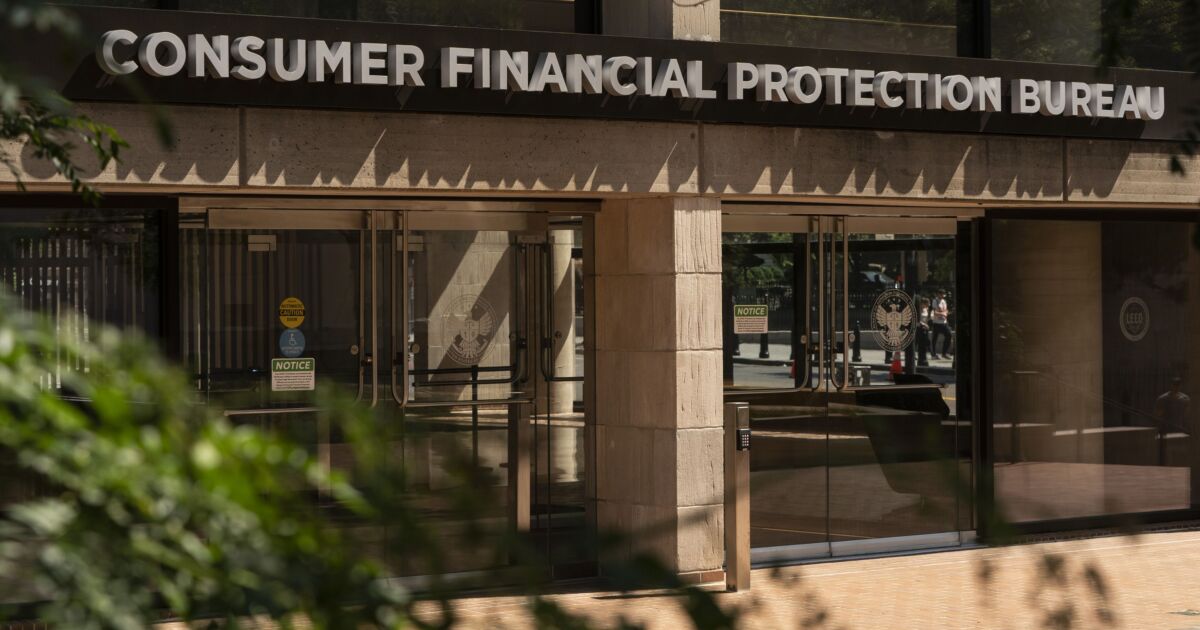
WASHINGTON — The Consumer Financial Protection Bureau is proposing a new rule that would limit its ability to oversee nonbanks, according to a notice published quietly in the Federal Register Tuesday.
The CFPB said it plans to adopt a new definition of "risks to consumers with regard to the offering or provision of consumer financial products or services."
That new definition, the CFPB said, will "bind" the bureau in legal actions that designate a nonbank person that's subject to CFPB oversight.
The new proposed rule, published in the federal register without press outreach, the CFPB said that it would narrow the definition of "financial products or services" to the specific products and services that Congress charged the CFPB with overseeing.
The bureau is also asking whether "risks to consumers" should be considered violations of consumer law, a much higher standard than the bureau operated under during former Director Rohit Chopra's tenure.
The move is the latest by the CFPB to dramatically limit the bureau's authority to police nonbanks and the country's largest banking institutions. The bureau said in a
It also comes amid the Trump administration's full-scale attempt to dismantle the bureau. Last week, a federal
The proposed rule would result in fewer entities being designated by the CFPB, the bureau said, and will reduce costs for companies.
"The Bureau expects that under the proposed rule it will be less likely to designate any particular entity for supervision, all other factors being equal," the CFPB said in its proposed rule. "This would reduce the costs of supervision for entities that might otherwise have been designated. The proposed rule also could influence behavior for entities that would otherwise have seen themselves as being on the margin of being designated or not."
The agency acknowledged that, while the rule changes would reduce costs for supervised firms, the outcomes for consumers could be different.
"At the same time, firms may be more likely to engage in conduct that could be said to present some probability of harm to consumers," the CFPB said.



